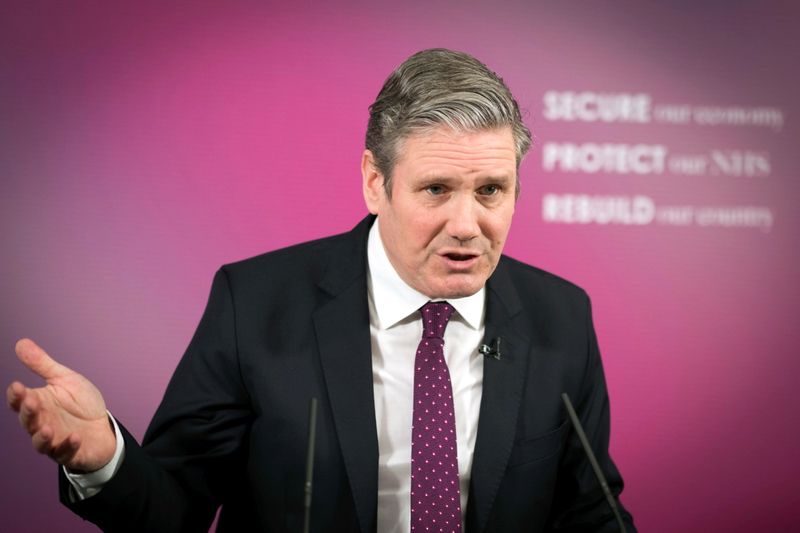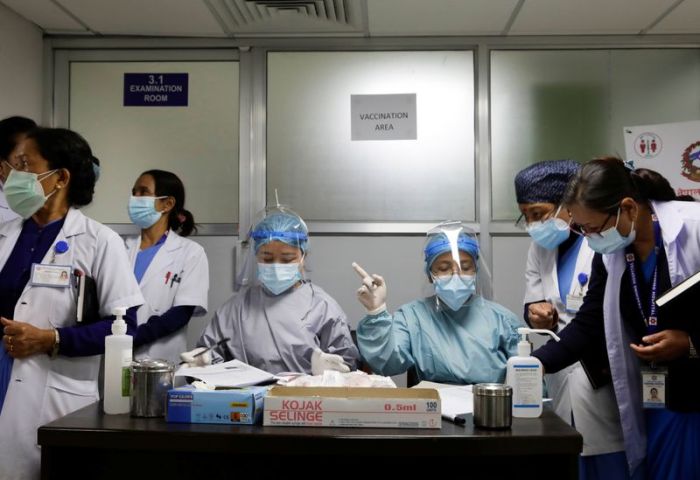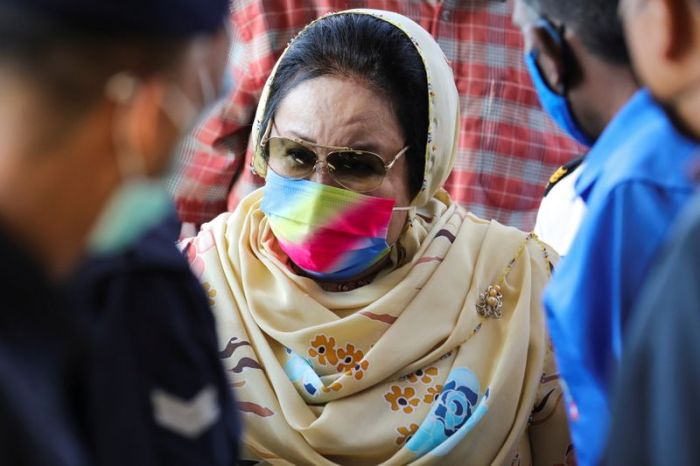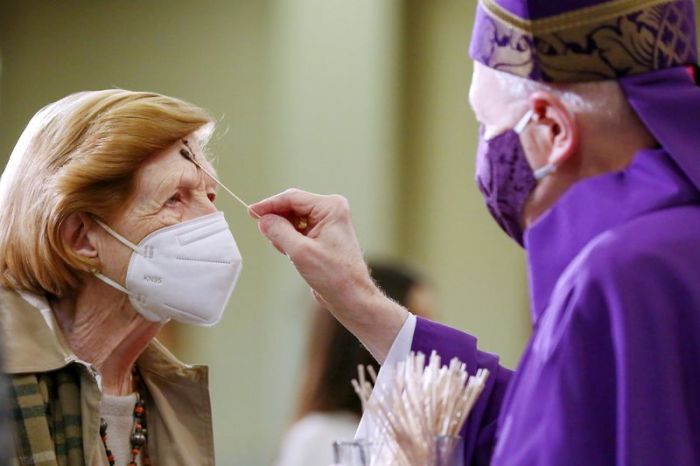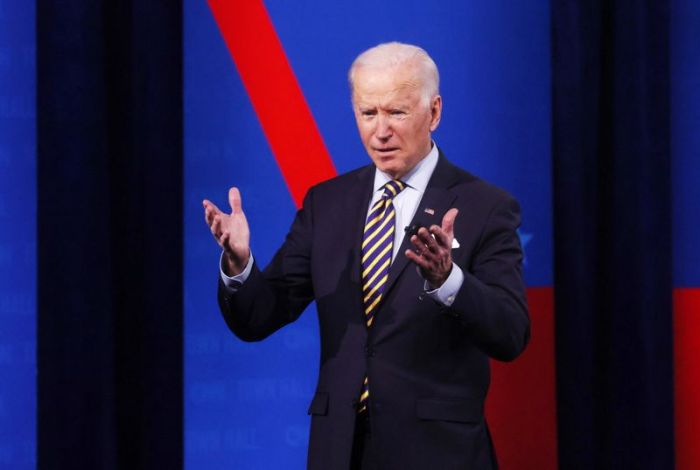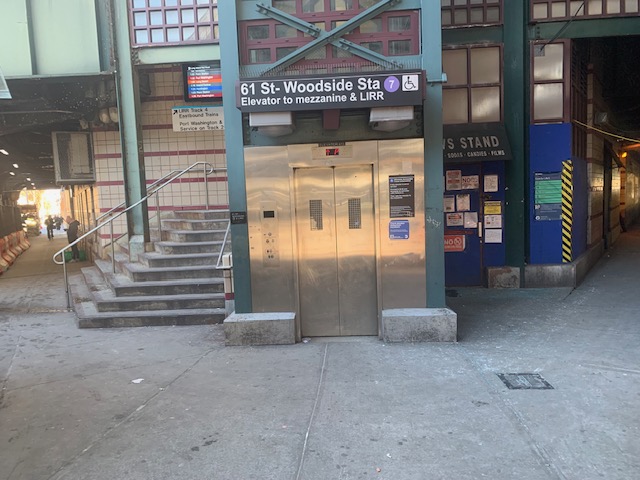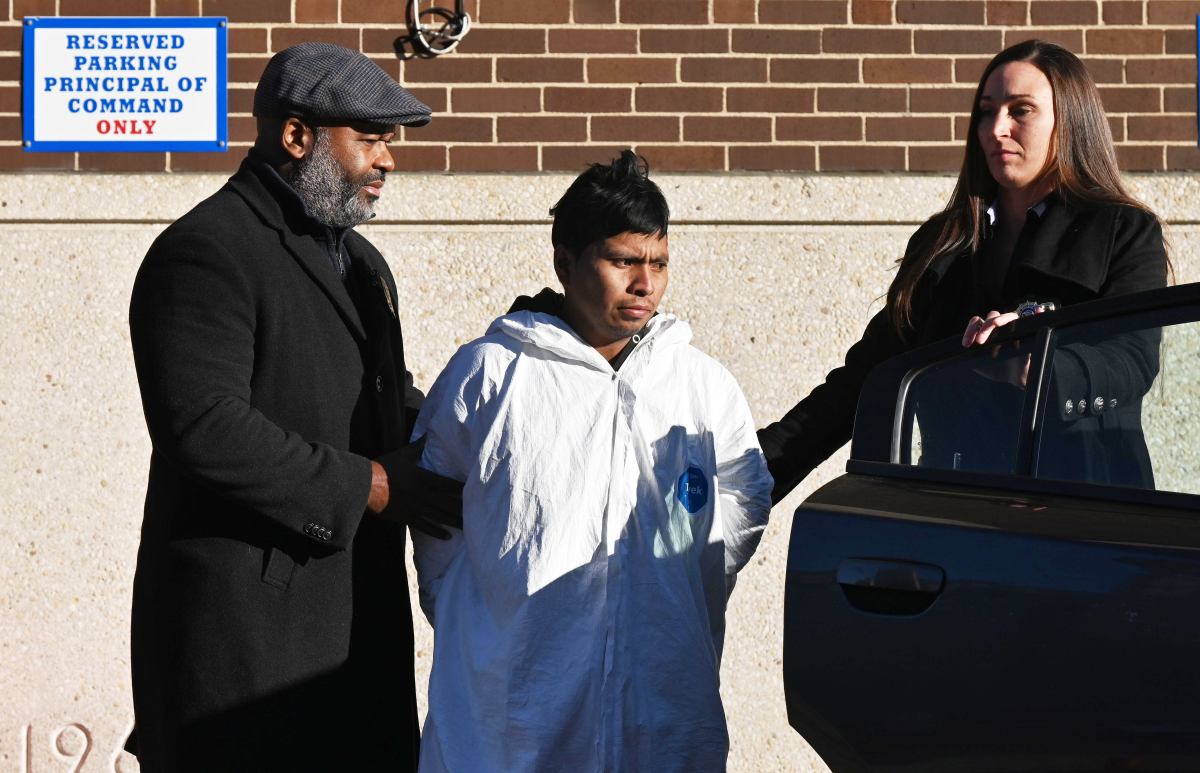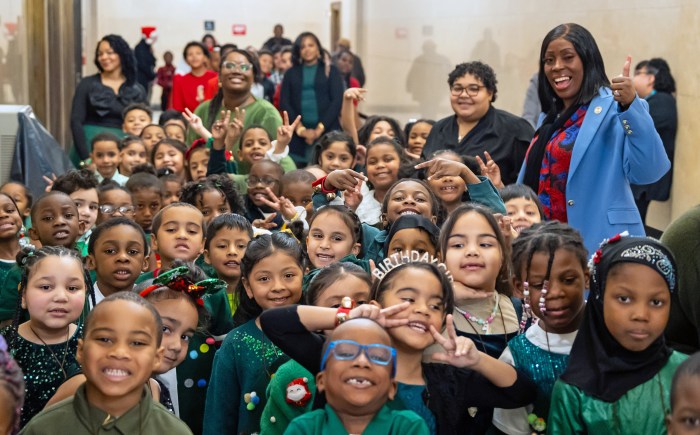LONDON (Reuters) – The British state must take a bigger role in supporting businesses and the public, just as it did in the aftermath of World War Two, Labour Party leader Keir Starmer said on Thursday.
Starmer, who took over as leader of the main opposition party to Prime Minister Boris Johnson’s Conservatives in 2020, set out his alternative vision for the country’s post-Brexit and post-COVID future.
“I believe there’s a mood in the air which we don’t detect often in Britain. It was there in 1945 after the sacrifice of war, and it’s there again now,” he said. “It’s the determination that our collective sacrifice must lead to a better future.”
He proposed the creation of a “recovery bond” to allow the public to put their household savings into directly funding projects via the state-run National Infrastructure Bank.
His speech came amid criticism from some quarters that his leadership has failed to inspire the British public, even as Johnson’s government oversees a stuttering response to a pandemic that has inflicted worse economic damage and more deaths on Britain than on its European peers.
Next month, Conservative finance minister Rishi Sunak will set out a budget plan expected to underline the eye-watering cost of supporting the British economy through the pandemic.
Starmer warned that the budget would be a fork in the road for the country, saying that any second wave of austerity would choke off economic recovery.
Unlike the 2010 Conservative-led government, which pursued spending cuts to rebalance the economy after the global financial crisis, Sunak is expected to defer most of the toughest decisions about how to pay for that support.
The Labour leader argued that the crisis has paved the way for a permanently larger state, calling on Sunak to extend some of the temporary support programmes for low earners and businesses forced to close by lockdown restrictions.
“To invest wisely and not to spend money we can’t afford. Those are my guiding principles. But I think that COVID has shifted the axis on economic policy: both what is necessary and what is possible have changed,” he said.
(Reporting by William James, editing by Larry King)

